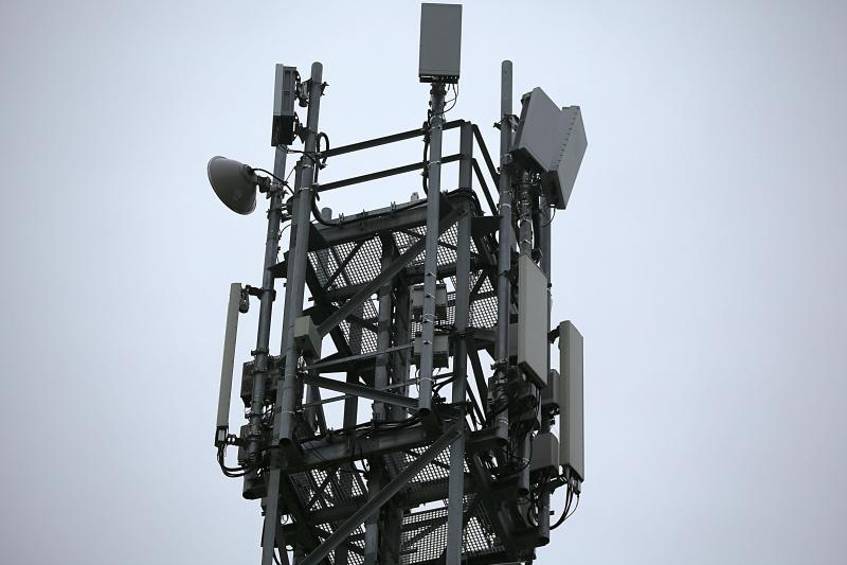
There are still many white spots in Germany with the mobile Internet. That should change. The Minister of Transport sees the cities and towns as their duty. The industry, on the other hand, warns the coalition against unrealistic demands.
Berlin (AP) – Federal Transport Minister Andreas Scheuer has called on the municipalities to more speed in building the infrastructure for the fast mobile Internet.
“4G and 5G are not without masts,” said the CSU politician of the German Press Agency in Berlin . “Those who justifiably demand that we meet the requirements of a leading economic nation must also help to build these transmitters.We need one to one and a half years for municipalities with many decisions that are necessary for the infrastructure But we can not afford it anymore. “
Industry President Dieter Kempf warned against unrealistic targets for the new mobile standard 5G. The Federal Government should proceed with the auction of the 5G licenses in the spring with “eye-sense”, said Kempf the dpa.
Scheuer said, who wants mobile and digital, he needs the hardware . He hopes that there will be a different approach in the local discussion, not just concerns and negatives. “It takes so long in the communities because you take citizen concerns seriously and because you want to move things forward with the citizen, but when I see on our own that we need a tripling or quadrupling of the transmission infrastructure so that we will have 5G nationwide He also knows that we have a real task ahead of us. “
In the spring frequencies will be auctioned for the much faster new mobile standard 5G. The procurement rules stipulate that 98 percent of all households should be provided with fast mobile Internet by the end of 2022. By the end of 2024, all highways, federal highways and main roads as well as important railway lines and waterways will be supplied with fast mobile internet in two steps.
Controversial in the 5G award is a mandatory local roaming – that had demanded politicians of the government factions to improve the network coverage in the area. In local roaming, mobile phone users would be automatically and free of charge connected to the network of another telecommunications company in one radio hole. For consumers, this makes sense, but network operators see this as a business brake.
Industry President Kempf said a commitment to introduce local frequencies would hinder or even prevent investment. “The state should maximize the proceeds in spite of all the temptation under any circumstances, otherwise the network operators lack the much needed capital to expand the network.
The president of the Federal Association of German Industry (BDI) pointed out that with the frequencies now being auctioned off no nationwide 5G network can be built up. “This is technically and economically nonsense: At least every 500 meters, a 5G mast would have to be built in. In the coming years, carrier frequencies are released, which are suitable for other routes and make the nationwide 5G expansion makes sense.” The coalition agreement speaks misleadingly of the award of new frequencies only against nationwide coverage. “Nationwide coverage can only mean 4G supply for the frequency bands currently being auctioned off.”
Kempf also called for better coordination within the federal government in digitization . “The industry expects stronger cooperation of the ministries and higher timing in the digital transformation – from e-government to infrastructure development.”

